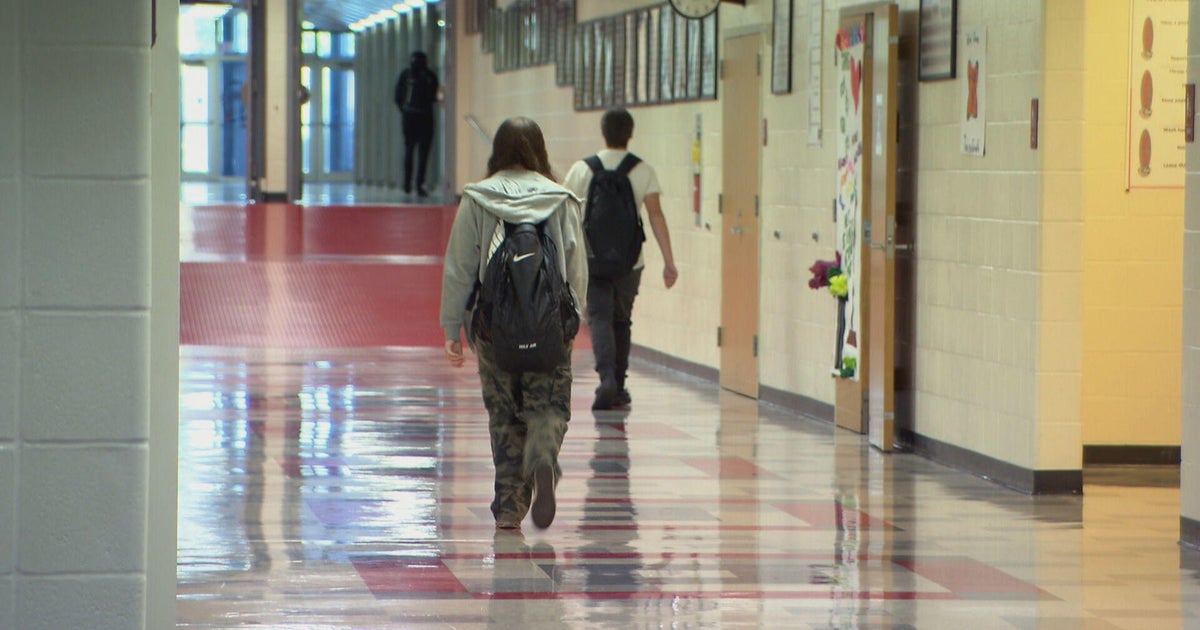Treasury secretary expects rising prices to return to "normal levels" once pandemic recedes
Treasury Secretary Janet Yellen expects increased prices at grocery stores, restaurants and elsewhere to eventually ease up once supply chain issues are resolved.
"I believe it's transitory. But I don't mean to suggest that these pressures will disappear in the next month or two," Yellen told "CBS Evening News" anchor and managing editor Norah O'Donnell on Tuesday.
The pandemic "led to a huge shift in demand away from services and toward goods. And it's created huge bottlenecks in supply chains," she said. "As the economy adjusts and we get the pandemic under control, the global economy comes back, these pressures will mitigate and, I believe, will go back to normal levels."
A huge backlog of cargo ships waiting to get into ports in Southern California has helped drive up the costs of goods and services during the pandemic. There's also a shortage of trucks and drivers to transport the goods from ports.
With limited inventories and labor shortages, retailers are urging consumers to start their holiday shopping early. Yellen urged consumers to stay calm.
"There may be isolated shortages of goods and services in the coming months," Yellen said. "But there is an ample supply of goods. I think there's no reason for consumers to panic about the absence of goods that they're gonna want to acquire at Christmas."
However, there could be catastrophic effects for Americans if Congress does not raise or suspend the debt limit, Yellen warned. Congress punted the debt ceiling debate to December after passing a short-term extension.
"It's absolutely necessary for Congress to take action to raise or suspend the debt limit," Yellen said, adding that it could "absolutely" lead to a recession.
"Fifty million seniors would risk not seeing their Social Security checks arrive on time. Our troops would have to worry about when or if they were going to be paid," she said. "We would see an increase in interest rates on all forms of borrowing, on mortgages, on credit cards. Households would see their interest bills go up."
Yellen also discussed the disproportionate number of women who are leaving the workforce. In September, 300,000 women dropped out of the labor force, according to data released by the Bureau of Labor Statistics.
"Women have disproportionate burdens for child care. And the fact that schools haven't been operating on a normal schedule has created stress for them and additional responsibility," she said. "We're no longer anywhere near the top in terms of women's labor force participation. And when you look at what might be driving that, an important element is child care, paid leave."



